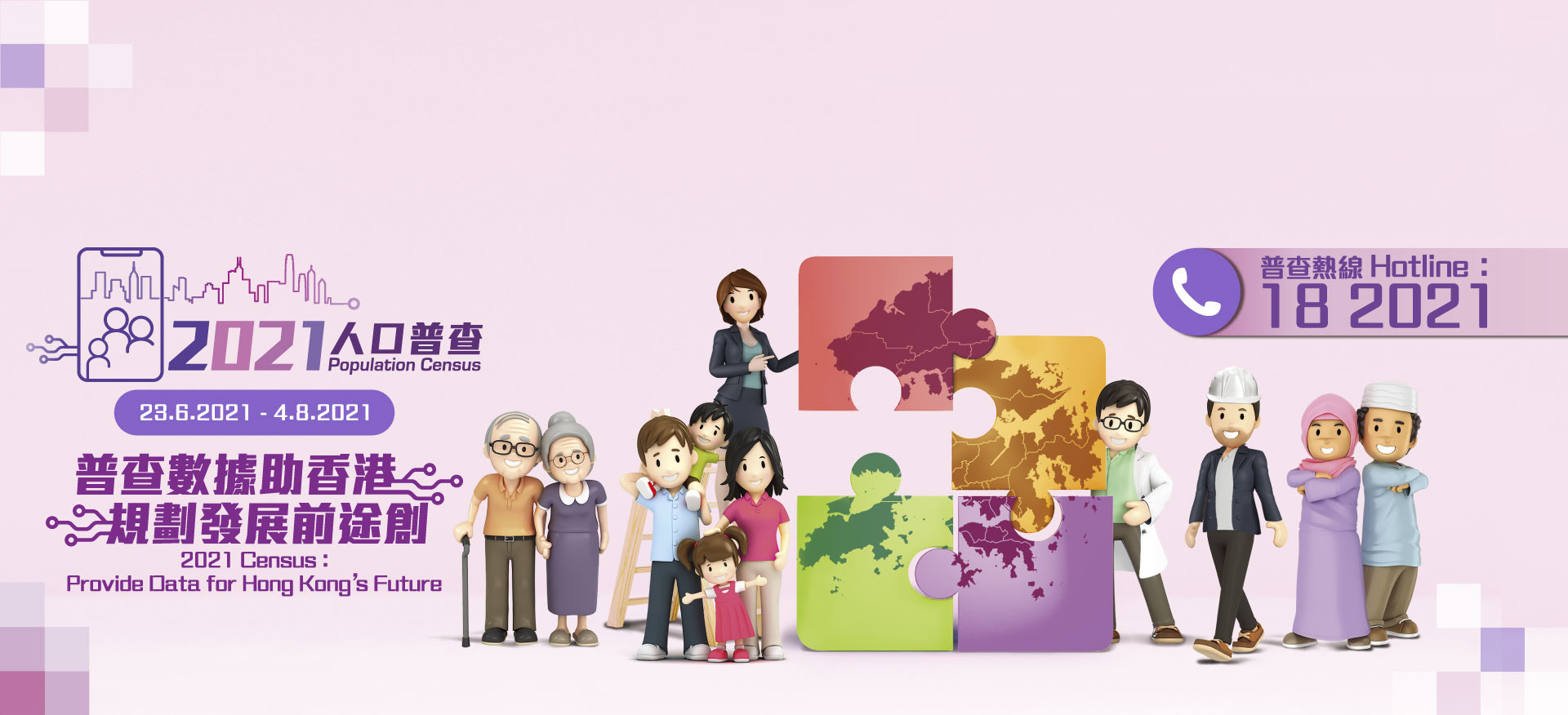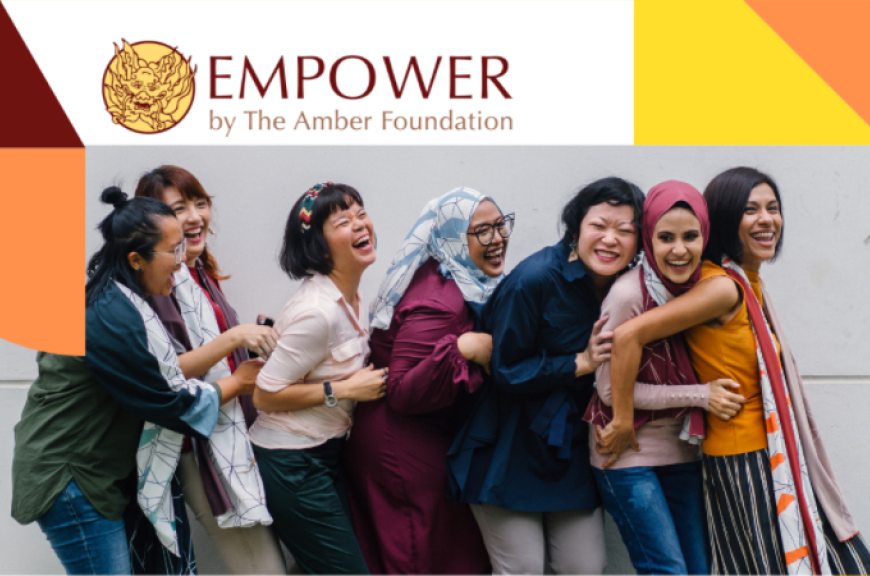From engaging the younger generation to promoting D&I among employers and advancing legislative reform, the EOC not only strengthened its ties with the local community, but also made real and meaningful change to Hong Kong’s equality landscape in the first half of 2021.
Between January and February 2021, the EOC reached out to young netizens through a first-time collaboration with influencer New Dellily, who released
video interviews with some of the photographers featured in the EOC’s campaign “The Way We Are”. Human-focused, visual-driven, and supported by 14 organisations, the campaign collected and showcased over 130 original “photo essays” from under-represented communities, including people with disabilities, non-Chinese youth, migrant workers, women carers, new immigrants from mainland China, and LGBT people. By the end of June, the videos co-produced with New Dellily has attracted 69,000 views on YouTube and Facebook, while over 26,000 visits have been recorded on the campaign website.
In May 2021, the EOC officially announced the results of the inaugural edition of its Equal Opportunity Employer Recognition Scheme, having received 420 applications across various industries which accounted for over 220,000 employees in Hong Kong. Under the Scheme, both public and private organisations may apply in one or more of four categories, namely Gender Equality, Equality for Diverse Abilities, Family Status Equality and Racial Equality and Inclusion. In a series of award presentation ceremonies, the EOC gave out the Gold Award to 14 organisations in recognition of their remarkable achievements in all four categories; the Outstanding SME Award to 10 SMEs; as well as certificates to other Equal Opportunity Employers.
Meanwhile, effective from 19 June 2021, the Sex Discrimination Ordinance prohibits discrimination and harassment on grounds of breastfeeding in key areas of public life, such as employment; education; and provision of goods, services or facilities. The legislative amendments were implemented by the Discrimination Legislation (Miscellaneous Amendments) Ordinance 2020 and the Sex Discrimination (Amendment) Ordinance 2021. In particular, the introduction of express protections against breastfeeding discrimination was based on one of the 73 recommendations the EOC submitted to the Government in 2016, following a
sweeping review of the city’s anti-discrimination laws. To educate the public and stakeholders on the application and scope of the law, the EOC has rolled out a cross-platform publicity effort encompassing
Facebook posts,
visual explainers on LinkedIn,
MTR ads,
booklets and guidance for
employment-related and
other sectors.
Click the links below to learn more.




